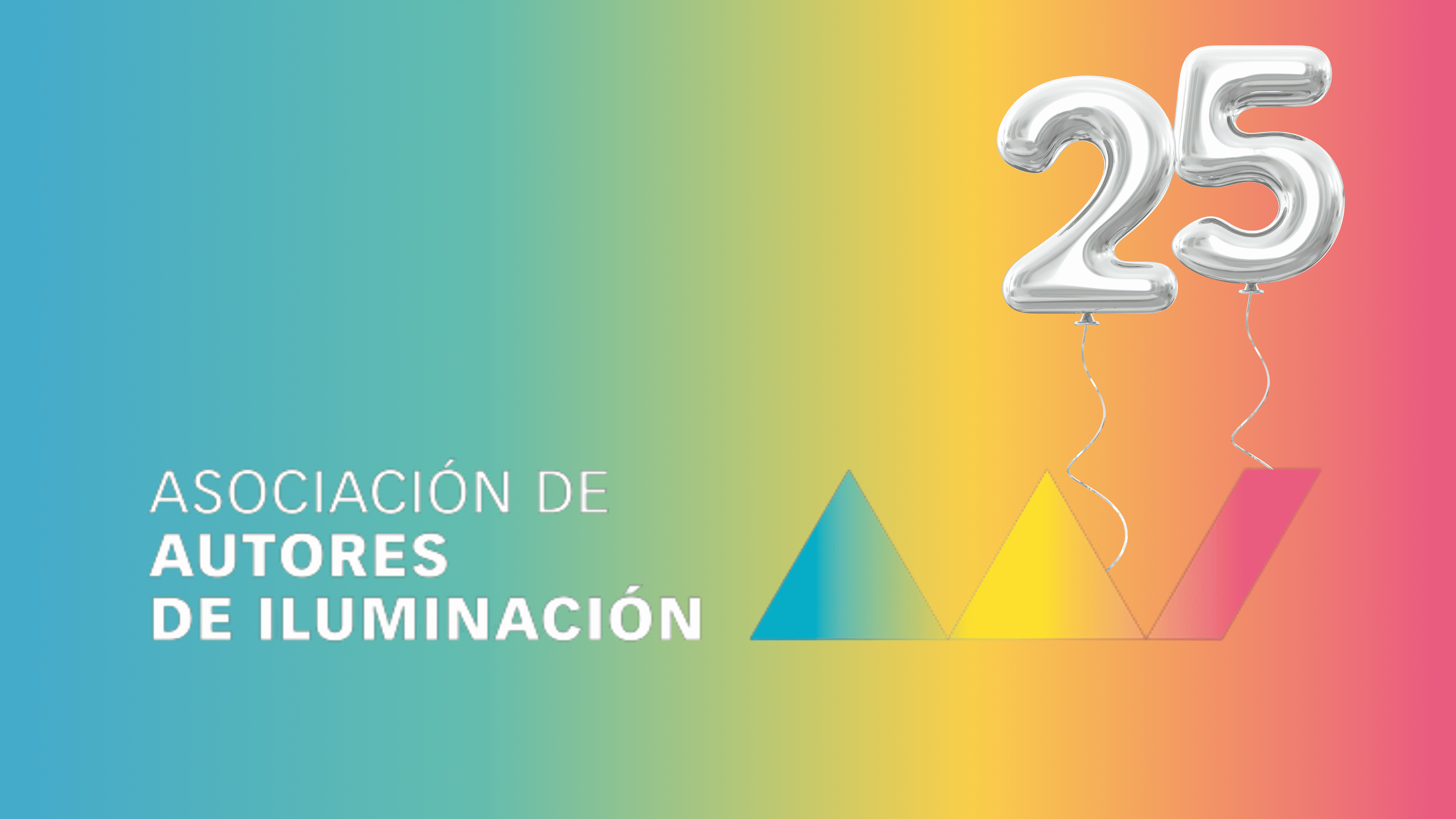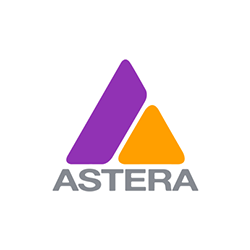The Lighting Authors Association presents a report on the ‘impact of COVID-19 on professionals in the sector’.
280 professionals from all over the country have participated in the study that allows to know first hand their opinion and their expectations
The Association of Lighting Authors (AAI) has carried out a study during the first fortnight of May 2020, based on a survey of professionals in the sector throughout Spain, to find out the consequences of the paralysis of cultural activity and its impact on professionals. The final report is available to anyone who needs it.
280 lighting and video-scenic professionals responded to the survey, 120 of them members of the association.
The questions were aimed at gathering information on the paralysed projects and their future prospects, as well as on the effects on the employment situation of the professionals, and the difficulties they consider they are going to suffer throughout the year.
Opinions were also sought on the future of professional activity, and on the institutions with the greatest responsibility for implementing measures to overcome the situation and on the type of measures to be adopted.
Most of the respondents carried out their professional work in private companies, specifically 85.64%, with the rest of the projects in the public sector (14.36%).
Respondents acknowledge having lost a total of 905 artistic projects in the various stages of production and touring.
- The practical unanimity of those surveyed, 97.57%, indicated that the unity of the whole sector is essential to overcome the current situation.
- The Government of the Nation is pointed out as the driving force behind measures to solve the crisis with aid for paralysed projects (51.07%) and with long-term legislative measures (67.14%).
The president of the AAI, Juan Gómez-Cornejo points out that knowing the opinion of the sector is essential to define the way out of the crisis. It also affirms that the high number of responses obtained in this survey “is a message of confidence from the professionals so that the AAI assumes a representative role and transmits the opinion of the sector and its demands to the institutions, and so that we seek the collaboration of all the performing arts organisations to make common cause in the fairest way out of the situation that has arisen”.
Another member of the Board of Directors, the video-stage designer Álvaro Luna, highlights from the results of the Report the important impact that the measures associated with the State of Alarm have had on the suspension of works that were in the pre-production and rehearsal phase prior to the premiere, more than sixty percent: “It’s particularly damaging to the creative process that so many shows have been put on hold at the most creative time, and at this point it’s unknown what’s going to happen to them,” he says.
Other of the most outstanding conclusions of the Report are the following:
- 50.71% of those surveyed were self-employed and 30.35% were employed by others, with an open-ended contract or a contract for work and services. Most of the self-employed have opted for the temporary cessation of their activity due to force majeure, 55.63%.
- Most of the workers with contracts at the beginning of the State of Alarm have been dismissed (39.98%) or are in a situation of ERTE (26.27%). Only 12.71% maintain their contract and employment relationship.
- 41.07% of those surveyed have applied for help in this situation and obtained it quickly. But 19.64% are not receiving aid and 28.93% have no expected income this year.
- 63.57% of professionals believe that they will not recover the pre-crisis level when the crisis is over, and that it will be impossible to recover the previous level of activity in the long term is believed by almost half, 46.28%.
- Along the same lines, 76.79% of those surveyed believe that contract conditions and remuneration will worsen considerably.
FINAL REPORT https3A2F2F2Fadadi%2Fadadi.org%..pdf
Comparative Analysis Designers https3A2F2F2Fadadi%2Fadadi.org%..pdf
Comparative graphic Designers https3A2F2F2Fadadi%2Fadadi.org%._GRC381FICA_COMPARATIVO_DISEC391ADORES.pdf
Press Release https3A2F2F2Fadadi%2Fadadi.org%.docx
General results https3A2F2F2Fadadi%2Fadadi.org%.pdf
Executive summary of results
- The Association of Lighting Authors (AAI) has carried out a study based on a survey of professionals in the sector throughout Spain, to find out the consequences of the paralysis of cultural activity on professionals. The final report is available to anyone who needs it.
- 280 lighting and video-scenic professionals responded to the survey, 120 of them members of the association.
- The high number of answers received to all the questions shows the association’s ability to address the professional sector and to give a voice to all lighting and video-scenic professionals.
- The questions were aimed at gathering information on the paralysed projects and their future prospects, as well as on the effects on the employment situation of self-employed and employed workers, and the difficulties that they believe they will suffer throughout the year.
- Opinions were also sought on the future of professional activity, and on the institutions with the greatest responsibility for implementing measures to overcome the situation and on the type of measures to be adopted.
- Respondents acknowledge a total of 905 artistic projects in the various stages of production and touring.
- Most of the respondents carried out their professional work in private companies, specifically 85.64%, with the rest of the projects in the public sector (14.36%).
- Theatre and dance performances accounted for 48.06% of the artistic projects suspended, almost half of the total. Festivals, concerts and events are the other types of suspended projects.
- The creative process, i.e. the shows that were in the pre-production or rehearsal phase and awaiting their premiere and tour, were the most affected by the stoppage: 60.89% of the projects were in the creation and production phase.
- Uncertainty and lack of knowledge about the future predominate in the current situation: more than half (54.03%) of the projects are suspended with no date to resume work.
- 50.71% of those surveyed were self-employed and 30.35% were employed by others, with an open-ended contract or a contract for work and services.
- Most of the self-employed have opted for the temporary cessation of their activity due to force majeure, 55.63%.
- Most of the workers with contracts at the beginning of the State of Alarm have been dismissed (39.98%) or are in a situation of ERTE (26.27%). Only 12.71% maintain their contract and employment relationship.
- 41.07% of those surveyed have applied for help in this situation and obtained it quickly. But 19.64% are not receiving aid and 28.93% have no expected income this year.
- 36.43% of the respondents say that they will have to look for other sources of income not linked to their profession in order to survive.
- The economic difficulties in perspective seem to be the strongest problem: 70.50% of those surveyed will have a lot or quite a lot of economic difficulties in the immediate future.
- 63.57% of professionals believe that they will not recover the pre-crisis level when the crisis is over, and that it will be impossible to recover the previous level of activity in the long term is believed by almost half, 46.28%.
- Along the same lines, 76.79% of those surveyed believe that contract conditions and remuneration will worsen considerably.
- As a positive aspect, practical unanimity receives the need for the unity of the entire sector to overcome the current situation, in which 97.57% agree.
- A certain level of resilience in the sector is reflected in the resistance to change professional sector despite the difficulties, as 37.86% think, a lower figure than that of those who consider changing sector to overcome the situation.
- The central government was singled out as the driving force behind measures to solve the crisis with aid for paralysed projects (51.07%) and with long-range legislative measures (67.14%).




